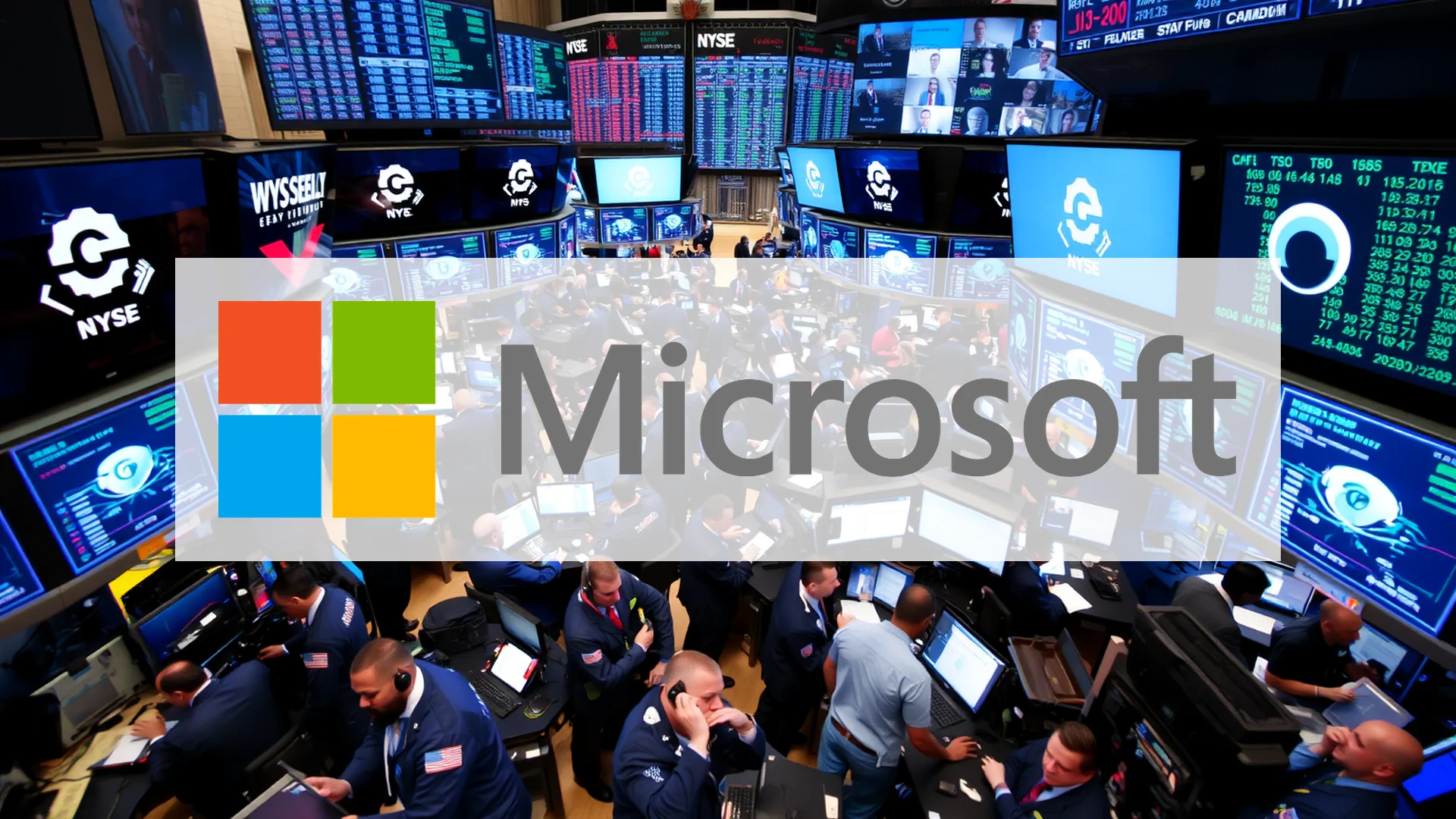Microsoft finds itself navigating turbulent waters as conflicting developments emerge from the technology behemoth. On one front, the company unveils groundbreaking artificial intelligence capabilities, while simultaneously grappling with significant operational disruptions stemming from a problematic software update. This dual narrative presents investors with a complex assessment of the company’s trajectory.
Technical Setback Disrupts Business Operations
A recently deployed Windows 11 update (24H2) has triggered widespread system instability, creating substantial challenges for corporate users. Microsoft has acknowledged critical malfunctions affecting fundamental operating system components including the start menu, taskbar, and file explorer. The situation proves particularly problematic for enterprise environments where virtual desktop infrastructures have been rendered inoperative, forcing IT administrators to implement emergency workarounds. Although development teams are actively addressing these issues, the corporation has yet to provide a definitive timeline for resolution. These quality control concerns emerge amid reports of renewed European Union scrutiny targeting cloud service providers.
Strategic AI Advancement Offsets Operational Concerns
Counterbalancing these operational challenges, Microsoft has accelerated its artificial intelligence initiatives with the introduction of “Fara-7B,” a sophisticated model engineered for local device implementation rather than cloud-dependent processing. This strategic development directly addresses two significant industry constraints: latency concerns and data privacy considerations. By enabling on-device data processing, the technology offers compelling advantages for security-conscious enterprise clients hesitant to migrate sensitive information to cloud environments. Additionally, this approach substantially reduces computational expenses associated with cloud infrastructure, potentially enhancing future profit margins.
Should investors sell immediately? Or is it worth buying Microsoft?
Market Response Remains Measured
Despite the significant Windows update complications, investor sentiment appears remarkably resilient, with market participants seemingly prioritizing long-term artificial intelligence potential over transient software issues. Microsoft shares currently trade at €408.05, registering a modest decline of just 0.26 percent. Technical analysts note the stock continues to confront resistance near the 200-day moving average positioned around €411 – a sustained breach below this critical level could potentially trigger additional selling pressure.
The fundamental question for stakeholders remains whether Microsoft can rapidly resolve its current software challenges before enterprise customer confidence erodes, or whether these operational missteps will inflict lasting damage to the company’s reputation for reliability.
Ad
Microsoft Stock: Buy or Sell?! New Microsoft Analysis from February 7 delivers the answer:
The latest Microsoft figures speak for themselves: Urgent action needed for Microsoft investors. Is it worth buying or should you sell? Find out what to do now in the current free analysis from February 7.
Microsoft: Buy or sell? Read more here...










